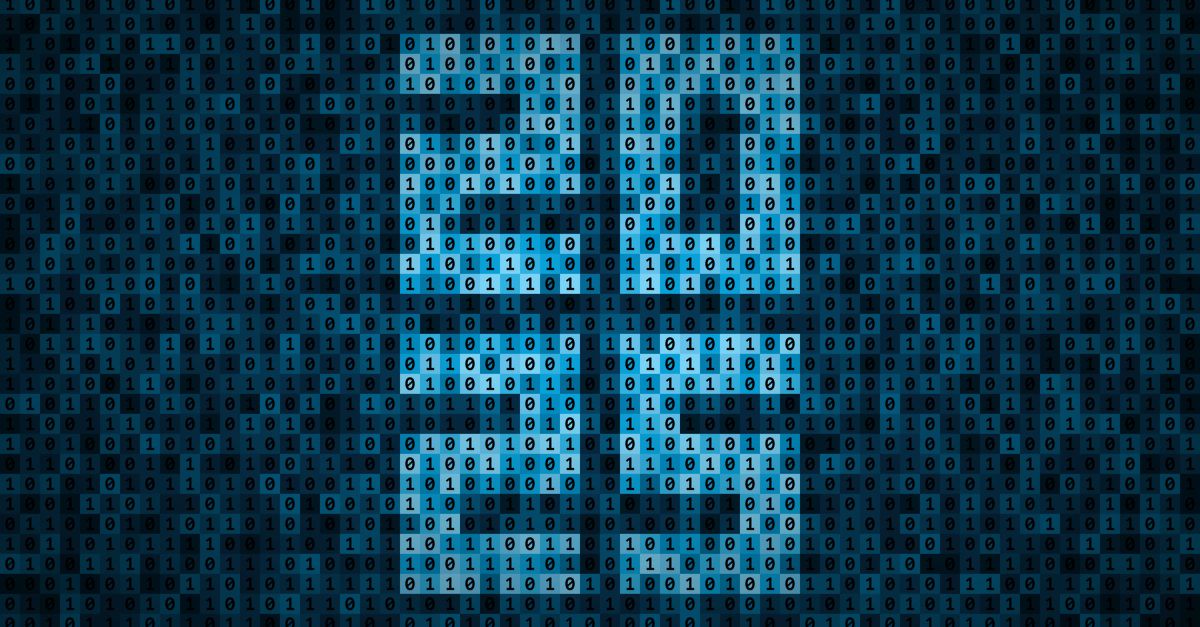Picture this: Fictional Company is currently doing remote work. John, an employee in Fictional Company, is busy handling day-to-day client transactions. He receives an email from his bank that he needs to change his password. Due to the heavy workload, he does not notice that the email is not legitimate, thus clicking the link and falling into a phishing attack. In just one wrong click, Fictional Company’s confidential information is compromised.
This case is not an isolated issue. Companies doing digital transactions are exposed to various operational risks. In 2018, the FBI has recorded an estimate of over $12 billion in losses in business email compromise (BEC) scams alone, proving that the biggest challenge faced by businesses in the digital age is the attacks from cybercriminals. These include phishing and other email security threats attempting to get sensitive data and financial information. Almost 38% of users without cybersecurity training fall into phishing attacks according to KnowBe4, a top cybersecurity trainer. Uneducated users, combined with the lack of cybersecurity infrastructure for the business, expose them to huge risks and potential losses because of phishing attacks.
The attacks do not just affect business operations. Companies in the business to consumer sphere have greater risks to address. PC Magazine has recorded a 350% increase in phishing attacks since the beginning of the COVID-19 pandemic, with online transactions gaining popularity. Customers often receive emails from senders posing to be banks or e-commerce websites, telling them that their information has been compromised or their orders have been shipped. When customers give their login details, their confidential and financial information will be compromised, translating into reputational risks for the company. Customers lose their trust as they cannot differentiate authentic from illegitimate emails.
Furthermore, unencrypted emails attract hackers to steal confidential information. With the rise of remote work, sending confidential data such as customer databases and financial records puts the company in the risky position of data leakage. Without high credibility, this could potentially bring the business down. A similar scenario could result from stolen devices, allowing cybercriminals to easily access information due to the lack of encryption and weak passwords attached to the device and the user’s emails.
As more businesses are shifting to remote arrangements and relying on technology for their transactions, cyber criminals have also developed smarter attacks that can possibly deceive more employees and customers. Businesses should invest in cyber defense systems that would secure the company’s transactions containing sensitive and confidential information. Secure/Multipurpose Internet Mail Extension or S/MIME is a technology that allows users to encrypt and digitally sign their emails.
By using S/MIMEs, the business is assured that emails come from legitimate senders, moreover, it proves that the message has not been compromised. S/MIME can also encrypt email messages, which can only be unlocked by the intended recipient. Because of this, the risk of breaching confidentiality is significantly reduced, and technological intruders cannot easily access the company systems. Customers can also find a basis that the email is authentic, saving the company from possible reputational damages.
GlobalSign’s S/MIMEs certificates allow the business to automatically encrypt and decrypt emails, and is compatible to support both desktop and mobile workforce. Now, securing emails does not mean going through inconvenient processes. With Globalsign’s S/MIME, your business can be more secured and protected from the risks brought by going digital. You can request for a demo here!
To learn more about our company and the full list of products we offer, you may visit our website, or check out our product list for enterprises and Internet of Things (IoT).
For more blog updates, click here.







